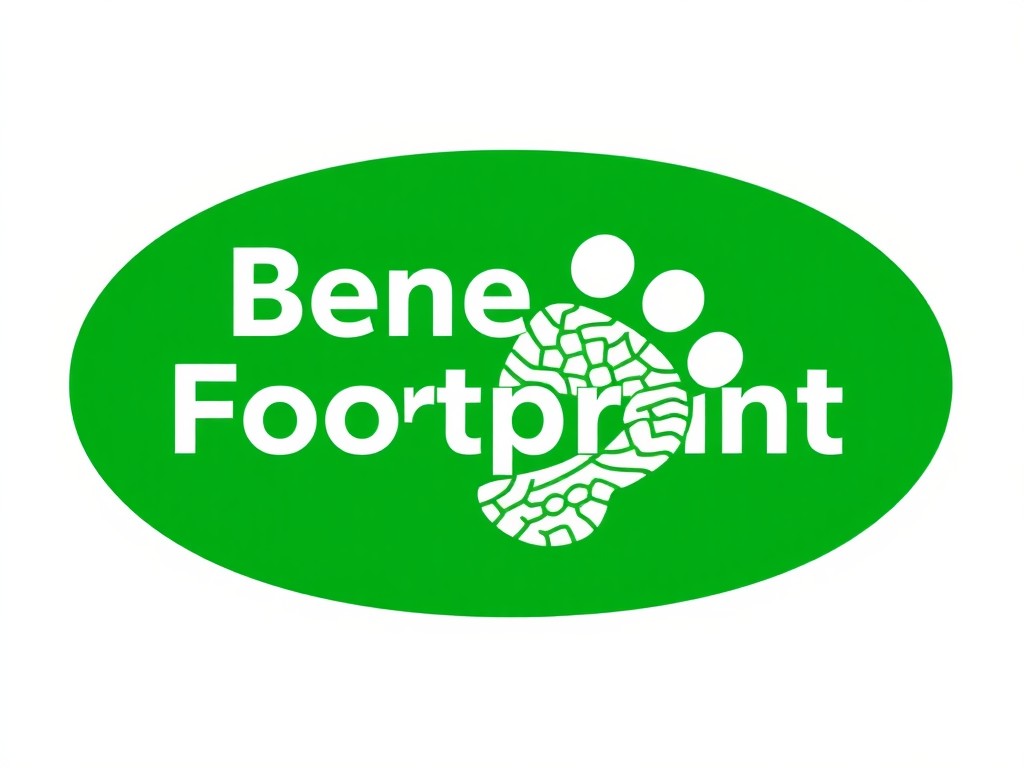Overview of UK Food & Beverage Sustainability Laws
The landscape of UK food sustainability laws is both intricate and essential for businesses within the industry. Key legislation includes laws aimed at reducing environmental impact, ensuring food safety, and managing waste efficiently. Compliance with these laws is not just a legal obligation but a competitive advantage. Understanding these compliance requirements helps businesses not only adhere to legal standards but also improve their operational efficiency and public image.
Recent developments have brought stricter regulations, urging companies to adopt sustainable practices more earnestly. For instance, new directives now focus on reducing carbon emissions and plastic usage, aligning with global environmental goals. Being proactive in these areas can enhance a company’s reputation.
In the same genre : Essential Data Privacy Techniques for UK SMEs in International Deals: Strategic Guide for Robust Protection
For businesses to thrive, it is critical to stay informed about these legislative changes. Regular consultation with legal experts and sustainability advisors can provide valuable insights. Furthermore, integration of sustainable practices into everyday operations isn’t merely about compliance; it’s about fostering innovation and efficiency.
Businesses should prioritise forming sustainability teams within their organisations to monitor compliance and adapt to emerging regulations. By taking a strategic approach towards compliance and sustainability, companies can not only mitigate the risks of non-compliance but also position themselves as leaders in sustainable practices within the food and beverage sector.
Also read : Transforming UK Construction: Key IoT Tactics for Mastering Multi-Site Projects
Key Regulatory Bodies
In the realm of UK food and beverage sustainability, several prominent regulatory agencies play a pivotal role. These bodies not only set the compliance standards businesses must adhere to but also oversee enforcement. The Food Standards Agency (FSA) is instrumental, ensuring that food safety regulations are upheld. It offers guidance and conducts inspections to verify compliance with health standards. Additionally, the Environment Agency oversees environmental protection laws, focusing on emissions and pollution control.
Collaboration between these agencies and businesses is vital. Regulatory bodies often provide resources and support, helping businesses navigate complex requirements. Such collaboration fosters an environment where compliance is achievable and beneficial, reducing potential penalties and enhancing operational practices. Furthermore, the Health and Safety Executive (HSE) plays a crucial role in upholding safe workplace standards, ensuring that workers are protected while sustainability goals are pursued.
For businesses, understanding the role of each enforcement body enhances their ability to comply effectively. Remaining engaged with these agencies and acknowledging their feedback can be beneficial. Regular updates from regulatory bodies offer insight into evolving compliance standards, empowering businesses to stay ahead of legislative changes and fortifying their position within the industry.
Essential Sustainability Laws Impacting the Sector
The framework of sustainability laws in the UK food and beverage sector is centred around environmental protection laws, food safety regulations, and waste management legislation. These laws not only govern practices but also set the benchmark for compliance.
Environmental Protection Laws
The environmental protection laws demand businesses to mitigate their ecological impact, focusing on reducing carbon emissions and managing natural resources responsibly. The primary aim is to align with national and international environmental goals, necessitating businesses to integrate eco-friendly practices into their operations. Non-compliance can lead to significant fines and damage a company’s reputation.
Food Safety Regulations
Food safety regulations ensure that products are safe for consumption, thereby safeguarding public health. These regulations necessitate rigorous quality controls and regular audits to ensure adherence. Businesses must maintain meticulous records and stay informed about any updates to these laws to prevent penalties.
Waste Management Legislation
Effective waste management legislation is crucial for reducing environmental pollution. Businesses are required to implement strategies that minimise waste production, promote recycling, and ensure proper disposal. Compliance with these laws not only fosters sustainability but also improves cost-efficiency. Non-adherence can result in legal consequences and hinder operational efficiency.
Each facet of these laws demands proactive engagement, offering both challenges and opportunities for businesses to innovate sustainably.
Practical Steps for Compliance
Navigating compliance strategies within the UK food and beverage sector requires a proactive approach. Implementing best practices not only ensures adherence to sustainability laws but also enhances operational efficiency. Here’s a step-by-step guide for integrating these operational guidelines effectively:
-
Initial Assessment: Begin by conducting a comprehensive audit of current operations to identify areas requiring improvement. This helps in understanding the existing compliance level and sets a foundation for strategic planning.
-
Strategy Development: Develop a compliance strategy that aligns with both legality and sustainability goals. Focus on integrating eco-friendly practices, like waste reduction and energy conservation, into daily operations.
-
Training and Awareness: Equip your workforce with knowledge and skills through regular training sessions. Understanding compliance requirements helps in fostering a culture of sustainability.
-
Monitoring & Auditing: Establish a system for continuous monitoring and regular audits. This maintains compliance standards and identifies areas for improvement, aiding in timely resolution of any discrepancies.
-
Feedback & Adaptation: Regularly review performance against sustainability goals. Use industry feedback to adapt and evolve your strategies, ensuring alignment with ongoing regulatory changes and emerging best practices.
These initiatives, when executed diligently, create a robust framework for sustainability, reducing risks of non-compliance while promoting long-term operational success.
Case Studies of Successful Compliance
Exploring compliance case studies offers invaluable insights into effective strategies within the UK food and beverage sector. Success stories highlight businesses that have not only met compliance standards but also innovated their processes.
One notable industry example is the transformation of a mid-sized beverage company that implemented sustainable sourcing and waste reduction initiatives. This strategic shift led to a 30% reduction in waste and an enhanced company image. Key to their success was integrating compliance into their corporate culture, ensuring every employee understood the importance of sustainability laws.
Another successful case involved a food manufacturer prioritising eco-friendly packaging solutions. By tapping into industry research and collaborating with experts, the company reduced its carbon footprint significantly while maintaining compliance. Such proactive approaches demonstrate the tangible benefits of aligning with compliance requirements beyond legal obligations.
Lessons learned from these cases emphasise the value of employee engagement, continuous monitoring, and willingness to adapt to regulatory updates. For other businesses, these examples serve as a blueprint to cultivate resilience and innovation. Proactively adopting regulatory measures is not only about avoiding penalties but also about reinforcing business credibility and competitiveness in an evolving market landscape.
Resources for Further Research
Navigating the labyrinth of compliance in the UK food and beverage sector requires access to reliable research resources. These resources are vital for businesses wanting to stay ahead of regulatory changes and implement sustainable practices effectively.
Official Government Resources
The UK government provides abundant tools to ensure businesses adhere to regulatory updates. The Government’s official websites host publications and guidelines on all recent regulatory changes, offering vital insights to maintaining compliance.
Industry Associations and Guidelines
Industry associations serve as a bridge between businesses and regulatory bodies. Associations offer guidelines, ensuring businesses understand the intricate layers of compliance requirements. Engaging with these associations keeps companies informed about best practices and emerging sustainability trends.
Online Training and Workshops
Online platforms present a gateway to comprehensive training programs. These workshops educate teams on implementing sustainable strategies that align with recent legislation. They offer practical, flexible learning avenues for staff, ensuring companies are well-equipped to maintain compliance without disrupting daily operations.
For businesses, empowering employees with knowledge is an invaluable investment, transforming potential compliance challenges into opportunities for strategic innovation. Access to these resources not only safeguards against non-compliance risks but also reinforces a commitment to ethical, sustainable business practices in the ever-evolving market landscape.
Frequently Asked Questions (FAQs)
Clarity on compliance concerns is crucial for businesses navigating UK food sustainability laws. Let’s address some common queries to guide businesses effectively.
How can businesses ensure compliance with UK food sustainability laws?
Precise compliance involves understanding the specific compliance requirements set forth by the legislation. Engaging with legal experts and staying updated through industry newsletters can prevent lapses.
What are the potential consequences of non-compliance?
Non-compliance can result in financial penalties, reputation damage, and operational disruptions. Ensuring adherence to legal standards is vital not only to avoid legal repercussions but also to maintain efficient and sustainable practices.
Are there resources available to help businesses with compliance?
Yes. Regulatory bodies often provide comprehensive resources for further research, training programs, and regulatory updates. Industry associations and workshops offer practical guidance, empowering businesses to implement sustainable practices effectively.
How do collaboration and feedback with enforcement bodies benefit businesses?
Continuous engagement helps businesses stay informed about evolving standards. Leveraging feedback from regulatory agencies leads to aligning operational practices with compliance frameworks. Such collaborations minimise risks and enhance competitive positioning.
These insights are essential in navigating the complex environment of UK food sustainability compliance.











